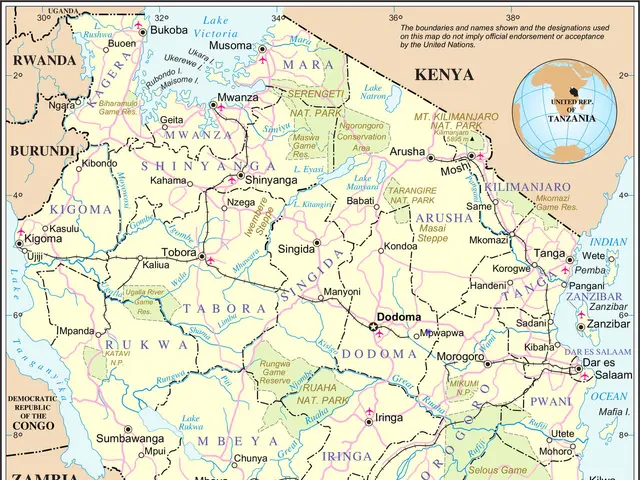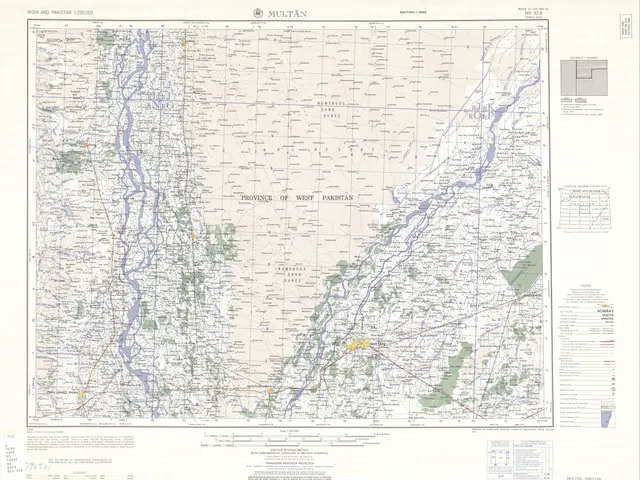Islam's Early History Shaped by Remarkable Young Leaders
Islam's early history is marked by remarkable young leaders. At just 17, Muhammad ibn Qasim Al-Thaqafi brought Islam to the Sindh and Multan regions, now part of Pakistan. He was a prominent military leader, conquering parts of the Sindh and Punjab during the early 8th century.
The Prophet Muhammad's followers also included young heroes. Muawwadh ibn Afraa', at 14, played a significant role in the battle of Badr, killing Abu Jahl, a notable enemy of Islam.
Al-Arqam ibn Abi Al-Arqam, at 16, provided crucial support to the Prophet. He turned his home into the headquarters for 13 years, helping raise the first Muslim generation. Zayd ibn Thabit, at 13, demonstrated exceptional learning skills. He mastered Syriac and Hebrew in just 17 days, becoming the Prophet's interpreter and contributing to the Quran's compilation.
Sa`d ibn Abi Waqqas, at 17, was one of the first to accept Islam. He shot the first arrow in its defense and was later nominated for Caliphate. Talha ibn Ubaid Allah, at 16, was another early believer who protected the Prophet in the battle of Uhud. Osama ibn Zayd, at 18, was appointed by the Prophet to lead an army against the Roman army. Az-Zubair ibn Al-Awwam, at 15, was the first Muslim to unsheathe his sword in Allah's cause and was also nominated for Caliphate.
These young leaders played pivotal roles in Islam's early history. Their courage, dedication, and achievements have left a lasting impact, shaping the religion and its culture.








